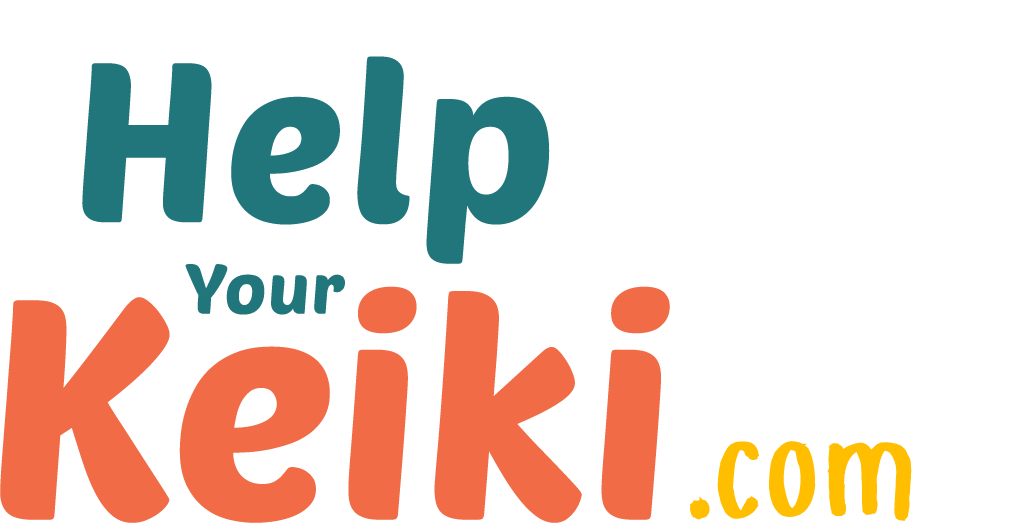Listens carefully to your concerns and ideas.
Describes their overall approach for therapy
Shares information regarding your child’s diagnosis including their understanding of how your child’s problem developed.
Understands the evidence-based treatments and promising practices that are available to treat your child’s symptoms
Provides updates throughout the course of therapy. These updates should occur at least monthly (preferably weekly) and should be transparent for everyone to see.
Respects your time and commitment
Includes you (and your child when appropriate) in decision-making
Avoids judgment
Respects your family’s culture and values
Respects your family’s privacy and confidentiality
Talks with you and your child using understandable terms/avoids using jargon
Helps to empower you to help your child
Holds a positive expectation that your child will make progress
Willingly explores new options when needed
Communicates with other key members of your child’s team as needed
Works to keep your child in the least restrictive environment to meet their needs
Shares information about other resources, including parent-to-parent support





















